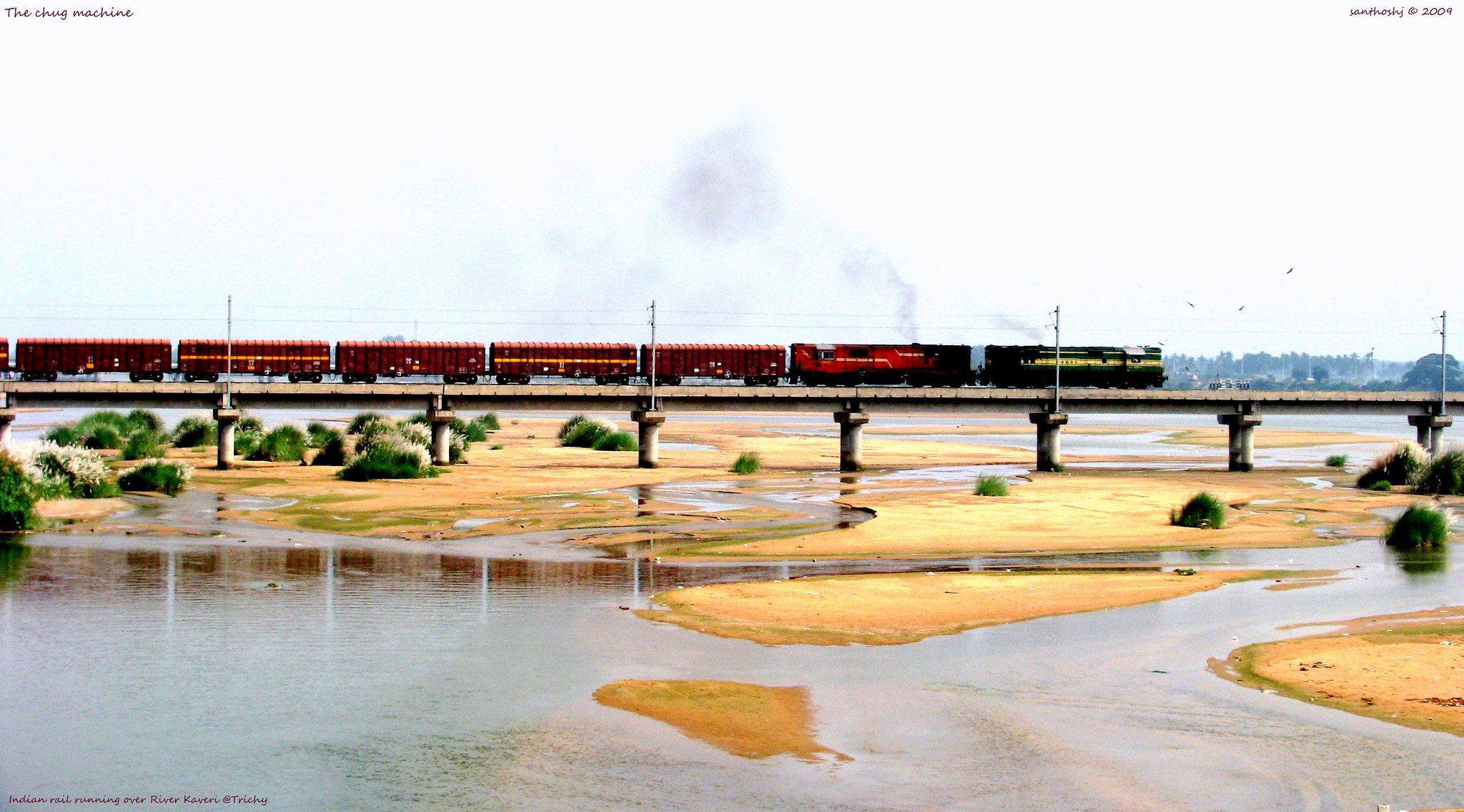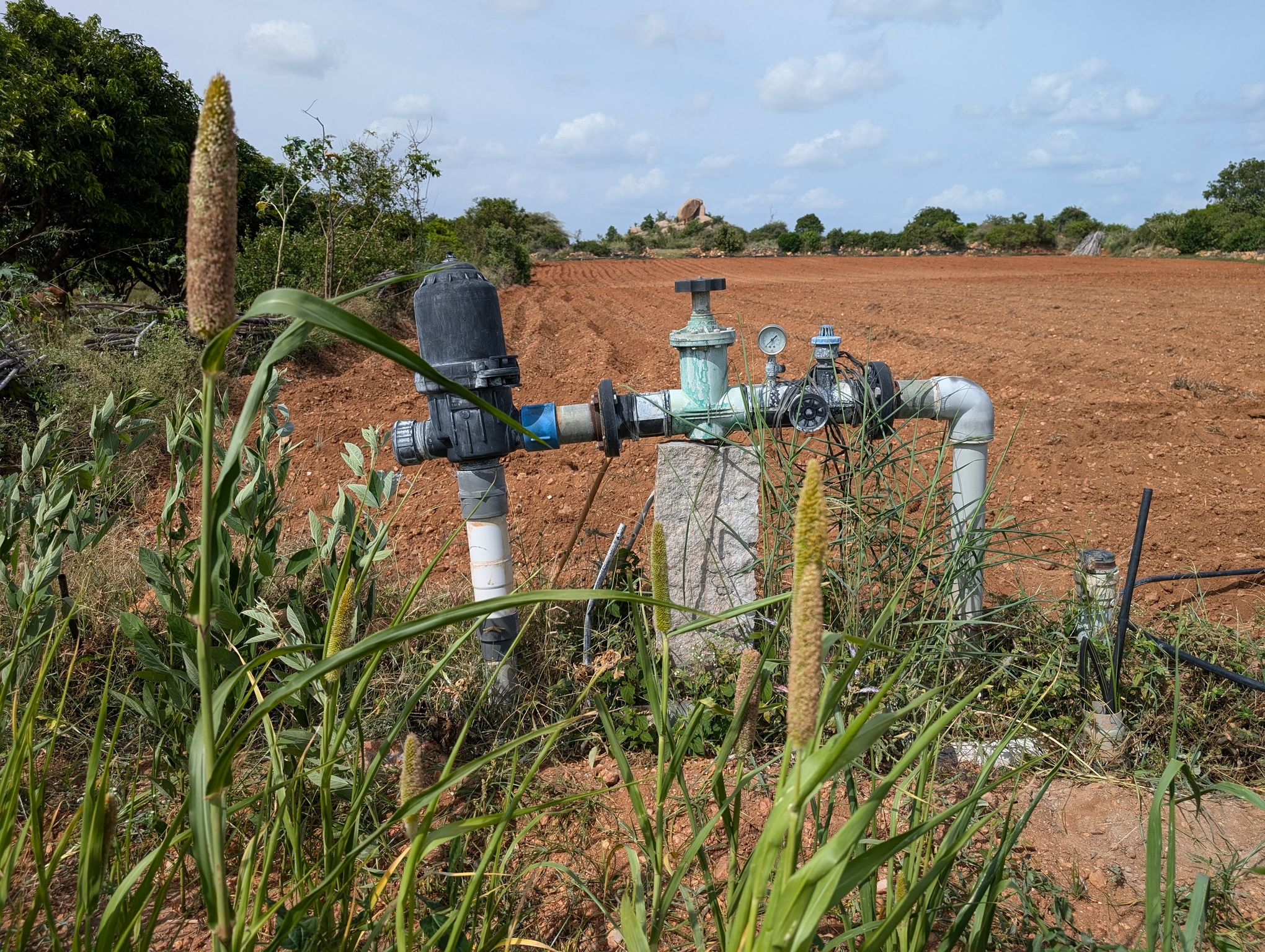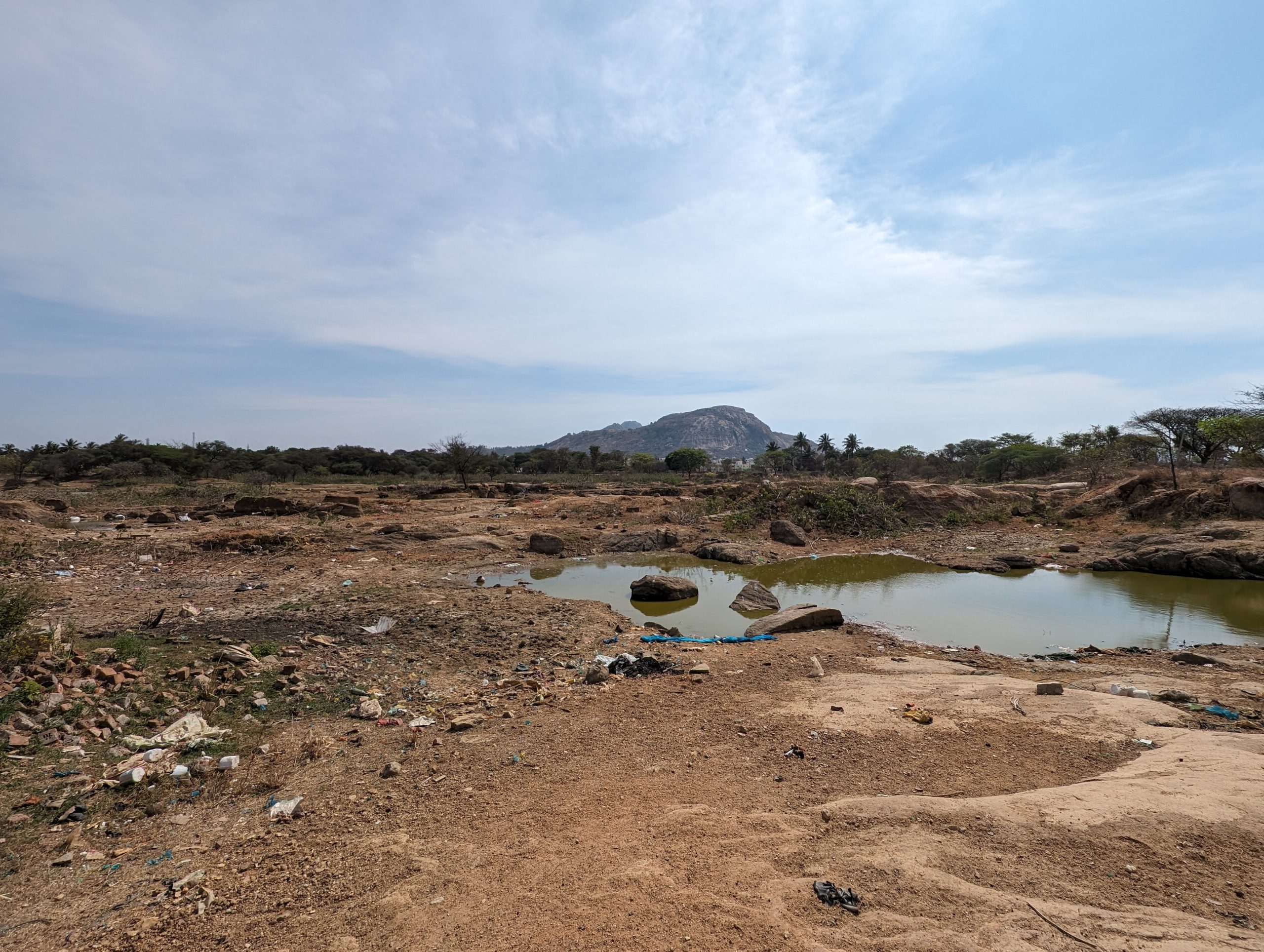Impact Assessment of Groundwater Collectivisation in Andhra Pradesh and Telangana
An aerial view of a village in Anantapur, Andhra Pradesh. Photo credit: Manram Collective
The Watershed Support Services and Activities Network (WASSAN)’s Groundwater Collectivisation Programme in Andhra Pradesh and Telangana addresses water scarcity by forming village-level water collectives that share borewell water through a pipe network and adopt sustainable practices. A monitoring, evaluation, and learning (MEL) assessment by WELL Labs and the Environmental Defense Fund found expanded irrigation access, reduced borewell drilling, and a shift to less water-intensive crops. Despite some data limitations and spillover effects, the programme shows promise for scaling in regions with similar agro-hydro-social conditions.
Key Findings
- Irrigation access expanded to rainfed farms without borewells.
- Pipe networks are maintained, showing durability of shared infrastructure.
- Competitive borewell drilling reduced in treatment villages.
- Shift towards less water-intensive crops, especially in rabi season.
- Increased adoption of micro-irrigation, though patterns varied.
- Collective governance is functioning with trust and participation in many villages.
Recommendations
- Scale water collectives to align with aquifer boundaries to reduce spillover.
- Bridge scales by linking collectives with higher-level governance networks (e.g., taluk).
- Use ICT tools (remote sensing, real-time monitoring, crop planning) for better transparency and planning.
- Adopt polycentric governance for stronger rules and oversight.
- Introduce graduated incentives and sanctions to build compliance and resilience.
- Continue promoting crop diversification and water-efficient irrigation methods.
Fill these details to access the publication
Acknowledgements
This study was conducted in collaboration with Environmental Defense Fund.
Authors Abhishek Das, Partik Kumar, Vivek Grewal, Gopal Penny
Technical Review Veena Srinivasan, Leah Beaulac
Editors Archita S, Ananya Revanna
Design Sarayu Neelakantan
Follow us to stay updated about our work






